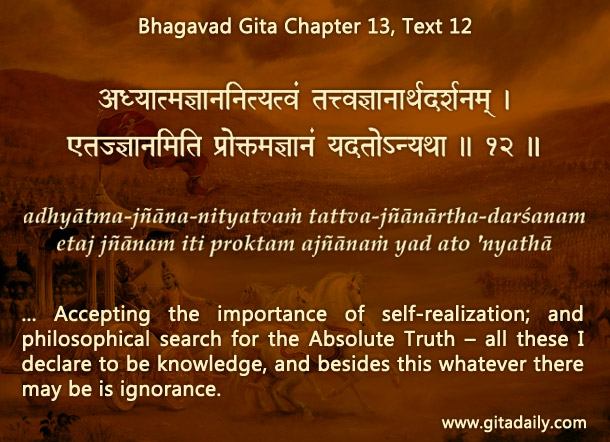We humans innately need to make sense of things. Science, art and religion all are various means by which we try to find meaning in the world around us. The overarching framework we use for making sense of things comprises our worldview.
Most people adopt, by default, the prevailing worldview of materialism, which seems to make sense for guiding our routine life. In daily life, we usually make decisions based on the unquestioned assumptions of materialism: material pleasures are life’s foremost pleasures, and the here-and-now is what matters most.
However, whatever meaning materialism provides is shattered by one truth of life – the truth of death. Death strips us of everything material that we have sought and got. If we contemplate death’s inevitability, life becomes exposed as pointless – what is the point of anything if everything is lost at death? This meaninglessness is so unnerving that we dodge it by denying death. Of course, we acknowledge that we will die one day, but we think of that day as so far away as to be practically irrelevant. Thus, we delude ourselves, while death keeps creeping in on us, relentlessly.
Breaking free from such self-deceiving denial, the Bhagavad-gita recommends unflinching contemplation on universal distresses such as death. When we make the reality of death as the foundation of our search for meaning, we naturally enquire about the possibility of nonmaterial reality that survives death, thus becoming more receptive to the Gita’s spiritual worldview (13.12).
And the Gita reveals a magnificent worldview that integrates death in its scope – we are souls, parts of the all-attractive whole, on a multi-lifetime journey of spiritual evolution. When we let this evolutionary worldview guide our vision, we discover meaning animating our whole life, before death and after death too.
To know more about this verse, please click on the image
Explanation of article:
Podcast:


Life’s sufferings make us seek our inside and realise that the body is suffering only and nothing and nobody can touch our real self
I pray to God that as long as I live,I have sufferings so I never forget my shri krishna for a second. Jaí shri krishna